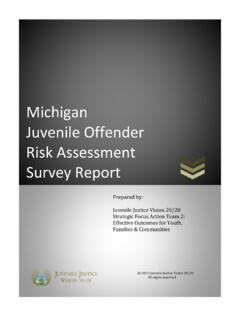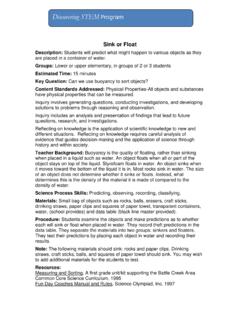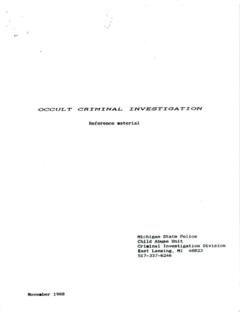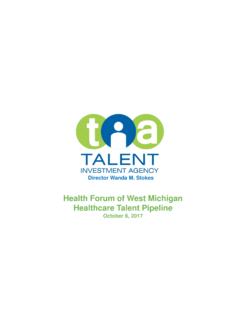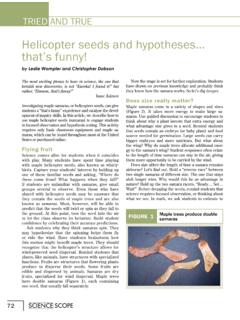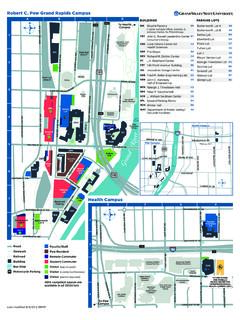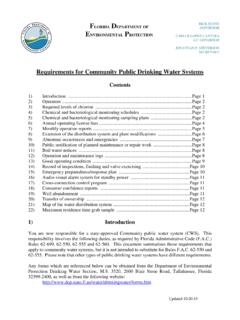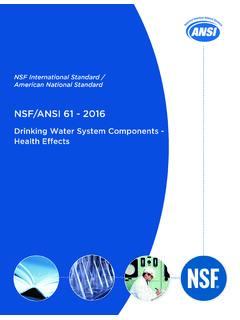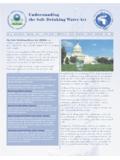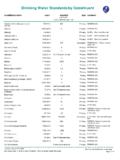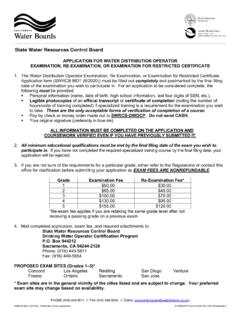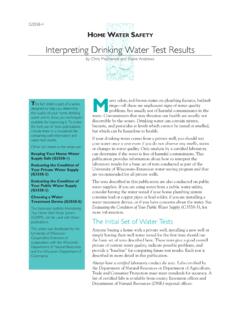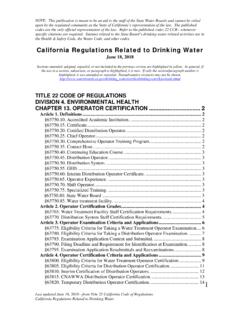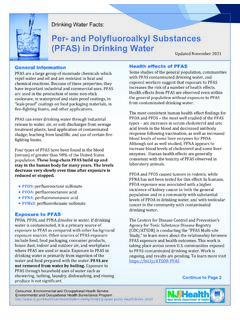Transcription of U.S. EPA National Primary Drinking Water Regulations
1 F-72 EPA National Primary Drinking Water Regulations National Primary Drinking Water Regulations are enforceable Drinking Water standards expressed as Maximum Contaminant Levels (MCLs) or treatment technique requirements. The MCL is the maximum permissible level of a contaminant in Water which is delivered to any user of a public Water system . A treatment technique is a Drinking Water treatment requirement established in lieu of an MCL, typically used when setting an MCL would be too difficult or when compliance with an MCL would be too costly.
2 An action level is not an MCL, it is simply a level that triggers additional action. If a certain contaminant is measured at or above the action level for that contaminant, treatment may be required or recommended by EPA. Volatile Organic Chemicals (VOCs) MCL, in mg/lBenzene Carbon Tetrachloride 1.
3 2-Dichloroethane Trichloroethylene p-Dichlorobenzene 1, 1-Dichloroethylene 1,1,1-Trichloroethane Vinyl Chloride cis-1.
4 2-Dichloroethylene 1, 2-Dichloropropane Ethylbenzene Chlorobenzene o-Dichlorobenzene Styrene Tetrachloroethylene Toluene 1 trans-1.
5 2-Dichloroethylene Xylenes (Total) 10 Dichloromethane 1, 2, 4-Trichlorobenzene 1, 1, 2-Trichloroethane Synthetic Organic Chemicals (SOCs)
6 MCL, in mg/lAlachlor Atrazine Carbofuran Chlordane Dibromochloropropane
7 2, 4-D Endrin Ethylene dibromide Heptachlor F-73
8 Heptachlor epoxide Lindane Methoxychlor Polychlorinated biphenyls (PCBs)
9 Pentachlorophenol Toxaphene 2, 4, 5-TP Benzo (a) pyrene Dalapon Di (2-ethylhexyl) adipate Di (2-ethylhexyl)
10 Phthalate Dinoseb Diquat Endothall Glyphosate Hexachlorobenzene Hexachlorocyclopentadiene Oxamyl (Vydate) Picloram Simazine 2, 3, 7, 8-TCDD (Dioxin) 3x10-8(Aldicarb, Aldicarb Sulfone, and Aldicarb Sulfoxide have been remanded back to EPA for further regulation.)
